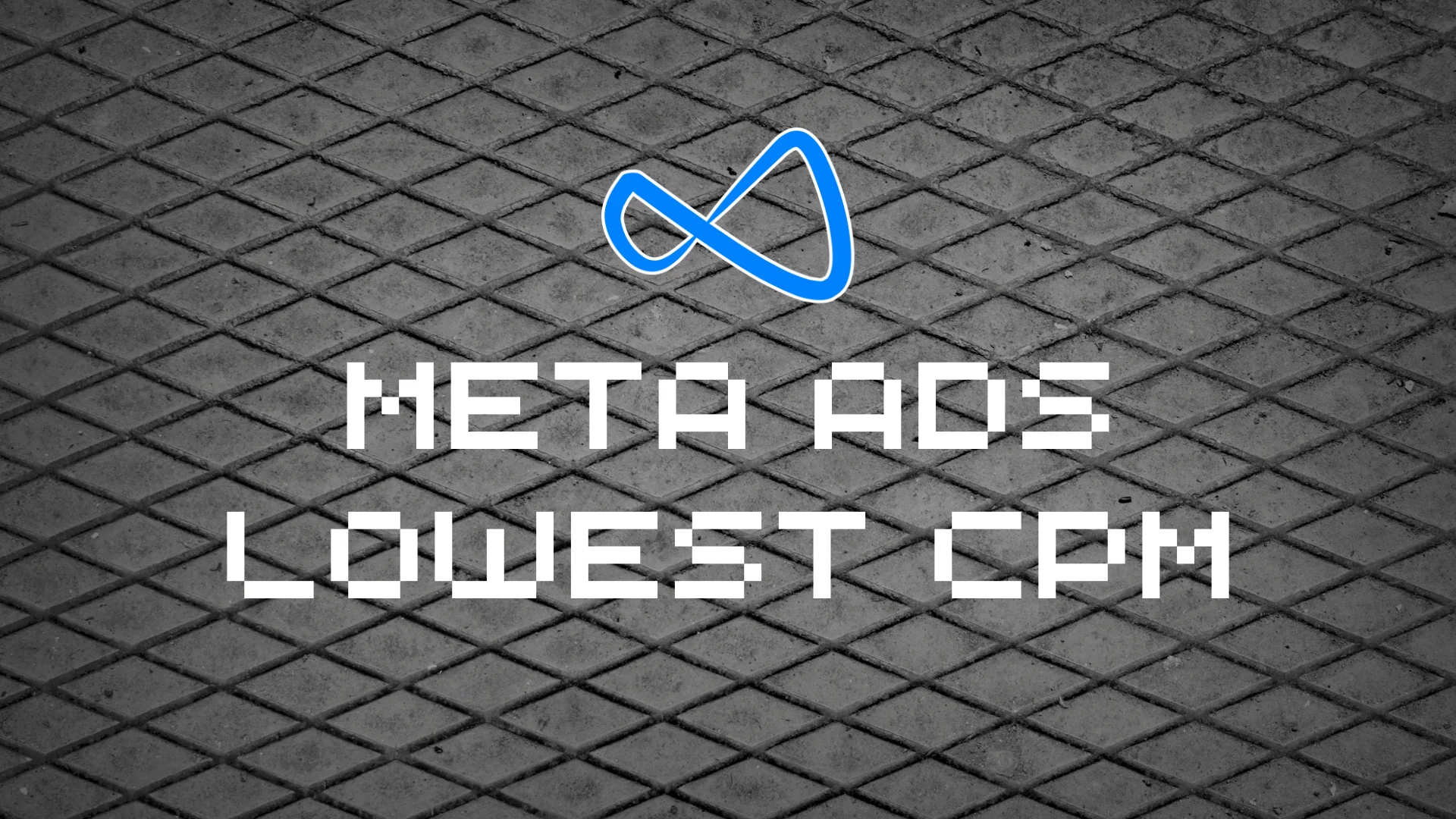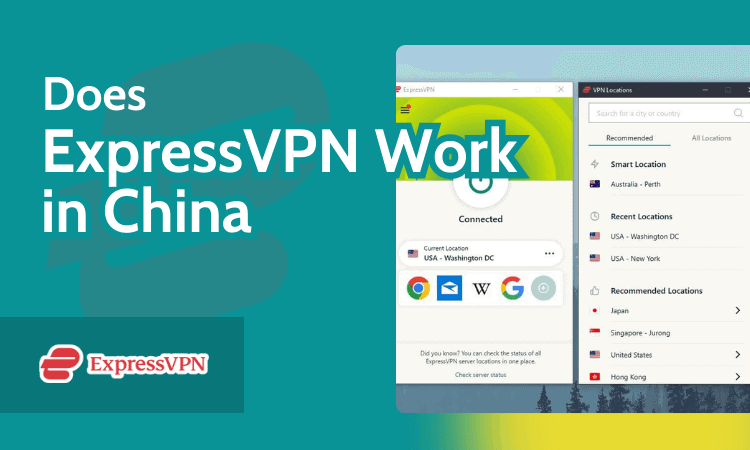Have you embraced AI as part of your content marketing team? AI-powered tools and techniques can provide valuable assistance in your content and marketing efforts. However, it is important to understand the potential and possibilities before reaping the benefits. Industry experts have shared their insights on the potential of AI and how they have successfully incorporated it into their operations. Consider these opportunities and advice on how to integrate AI into your own processes.
1. Utilize data: Collecting performance data from tools like Google Analytics is common knowledge. However, accessing insights that are scattered across platforms or locked in function-specific systems can be challenging and time-consuming. Additionally, sifting through a large volume of information often yields only a few actionable insights. AI has the ability to aggregate data from multiple sources and extract vital insights, making it a game-changer. It can synthesize information into a single analytics source and quickly identify audience trends and behavior patterns that even the most skilled marketers might overlook. Prompting AI tools with queries can further enhance performance insights that are difficult to discern without expert analysis.
2. Incorporate a research assistant: Internal and external subject matter experts possess a wealth of invaluable brand stories, product details, and experiences. Conducting interviews to extract these details requires participation from the experts. However, some experts may be hesitant to assist if marketers lack proficiency in the subject matter. Relying solely on Google searches for pre-interview research on complex topics may lead to uninspiring, superficial questions. AI research capabilities can give writers an advantage by zeroing in on relevant topics and allowing for more targeted and informed questions. AI research tools can also provide sources for information, expediting the verification process. It is important to note that AI research should be used as a starting point, with actual research conducted to ensure accuracy.
3. Leverage an SEO expert: While AI tools may lack originality, emotionality, or absolute accuracy, they excel in fine-tuning, summarizing, and evaluating the search potential of existing content. This makes AI an ideal SEO companion for content creators, helping them identify search trends and capitalize on ranking opportunities. AI can save time and potentially reduce reliance on third-party SEO tools. Search volume data can be obtained using AI tools like Google Gemini, which provides insights on article competitors and suggests high-volume keywords for content updates. Analyzing competitors’ content using AI can help optimize critical details that impact content discovery, such as meta descriptions and title tags. However, it is important to remember that search algorithms are constantly evolving to prevent gaming the system.
4. Collaborate with a brainstorm buddy: AI’s ability to generate relevant topics related to keywords makes it an excellent idea-generation tool. It can surface overlooked angles and approaches, serving as a thesaurus when writers struggle to express their ideas distinctively. AI can also facilitate collaborations within the team, helping writers work with designers on visual content or gaining buy-in from executive management on new content formats. The more AI tools are used, the better they become at understanding unique voices and points of view.
5. Onboard AI assistants to your team: Like human team members, AI tools perform better when set up for success. It is crucial to partner with AI vendors who train their tools responsibly and ethically. Marketers must hold themselves accountable for the quality and value of the content produced with AI assistance. Establish governance standards, a “pause” plan for responsibilities during the AI ramp-up period, brand training for the AI tool, a prompt library, and a measurement strategy to gauge the performance of AI-assisted content.
Embracing AI as part of your content marketing team does not mean relying solely on AI to create content. Rather, it involves leveraging AI for its technical capabilities while leaving creativity in the hands of human team members.
Source link












![The 15 Best Python Courses Online in 2024 [Free + Paid]](https://news.pourover.ai/wp-content/themes/jnews/assets/img/jeg-empty.png)











